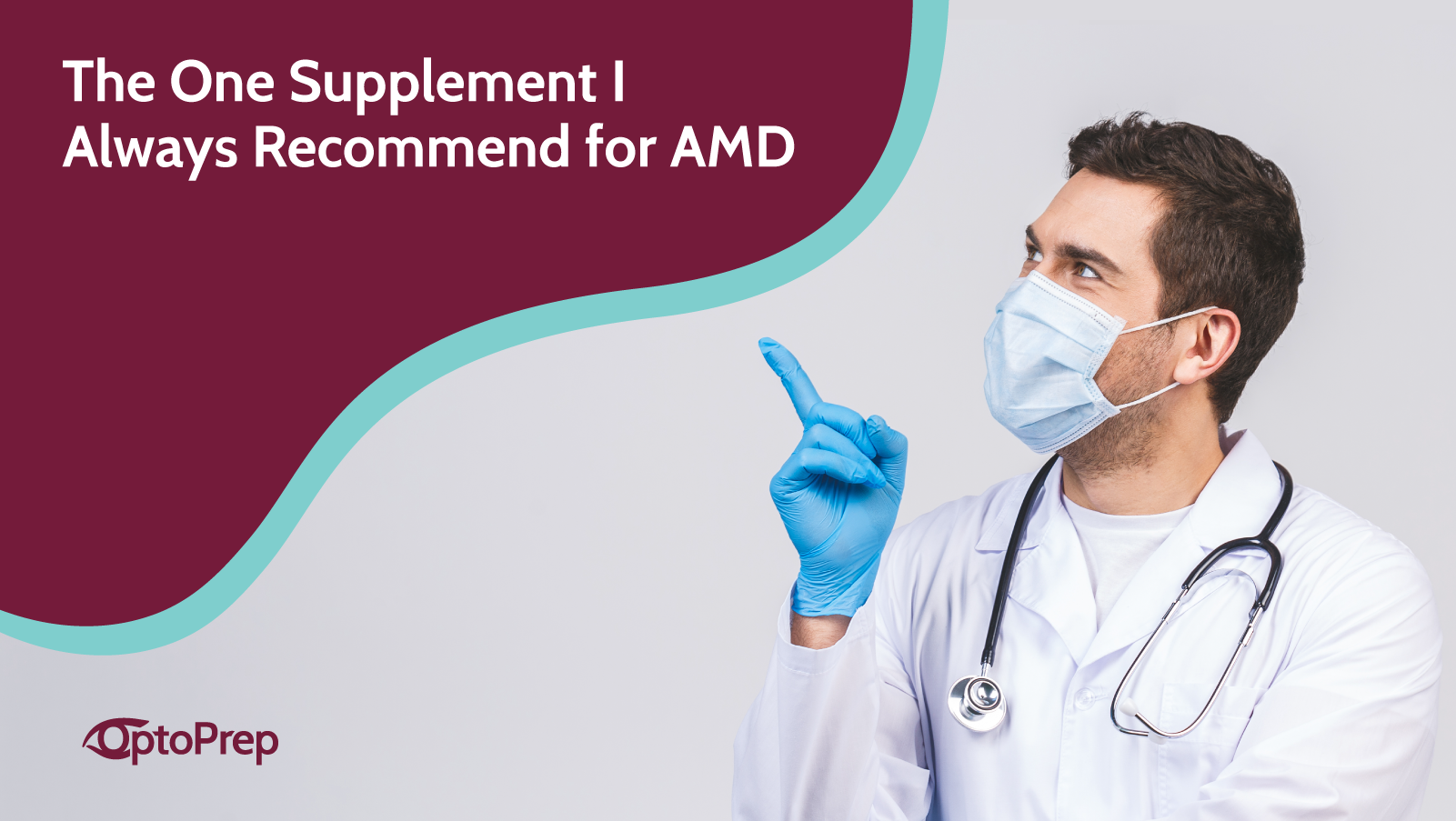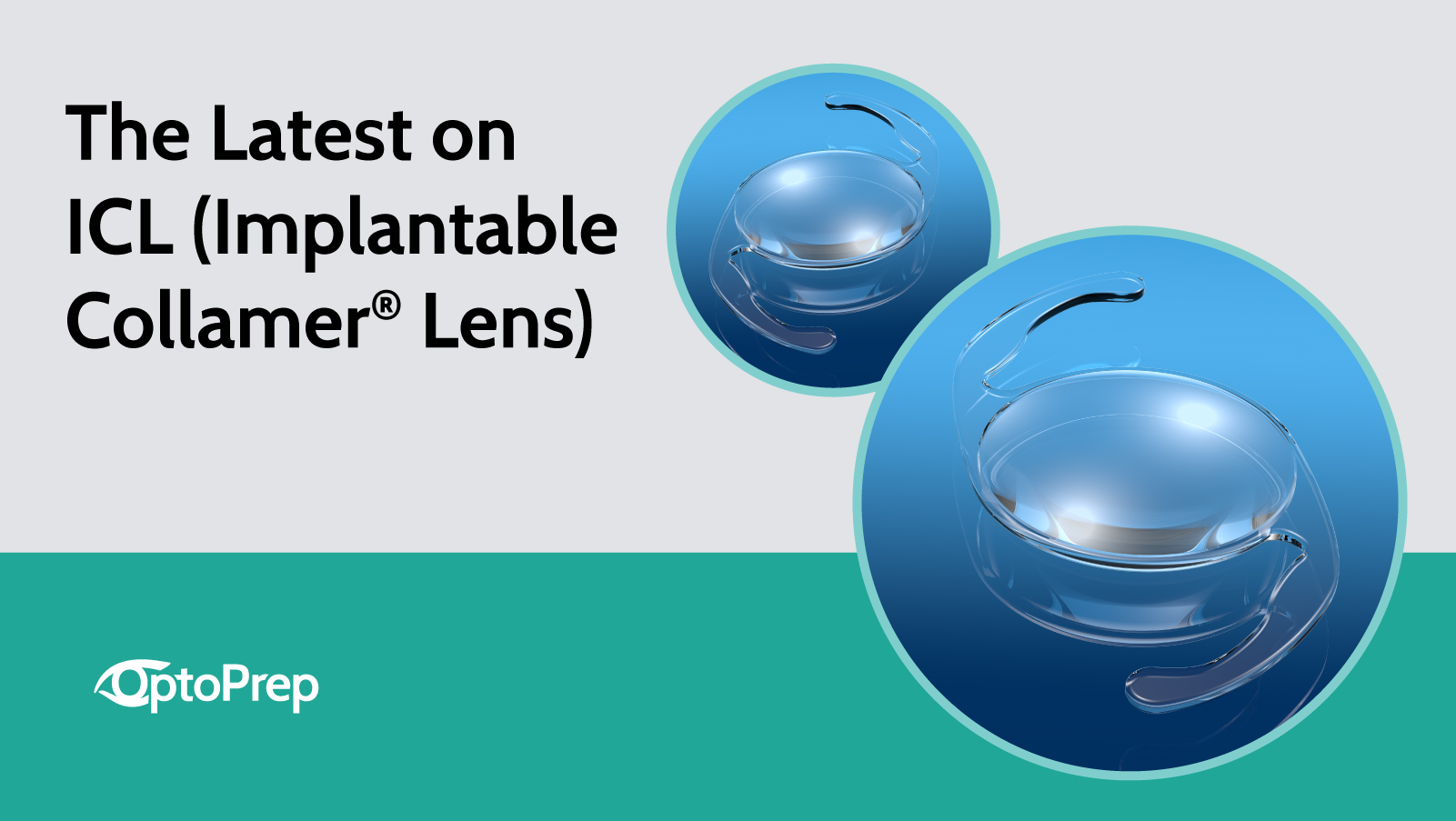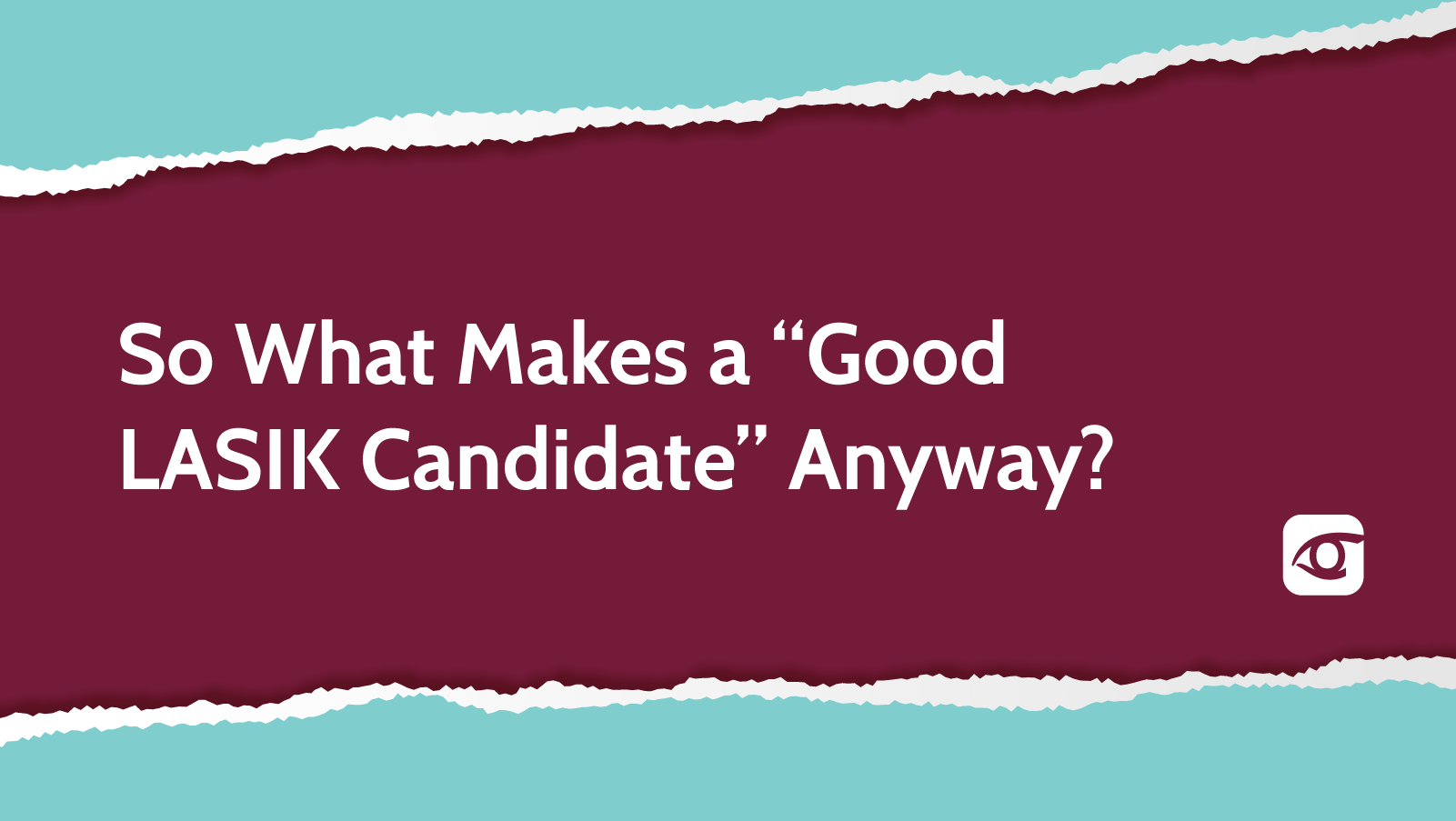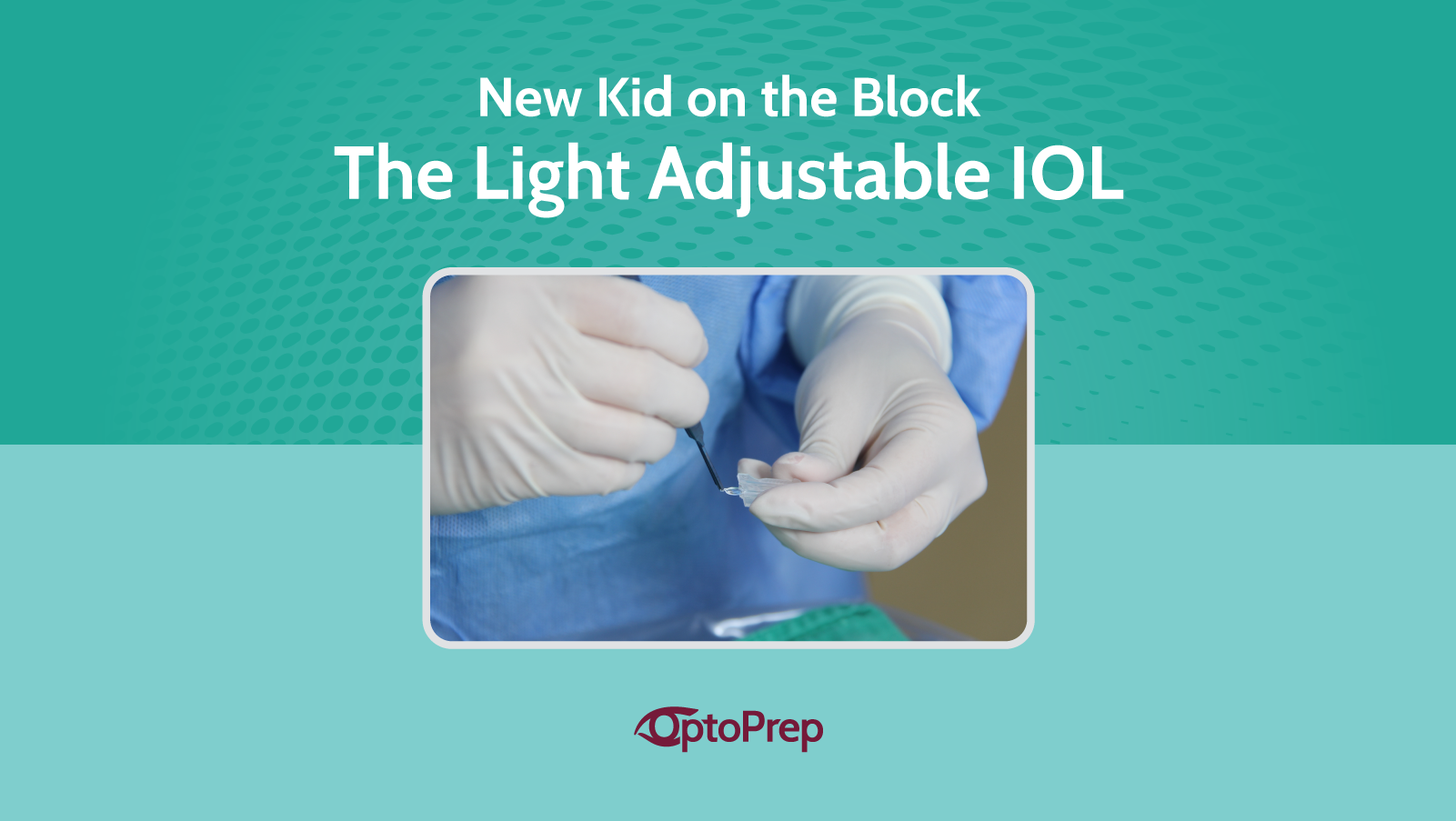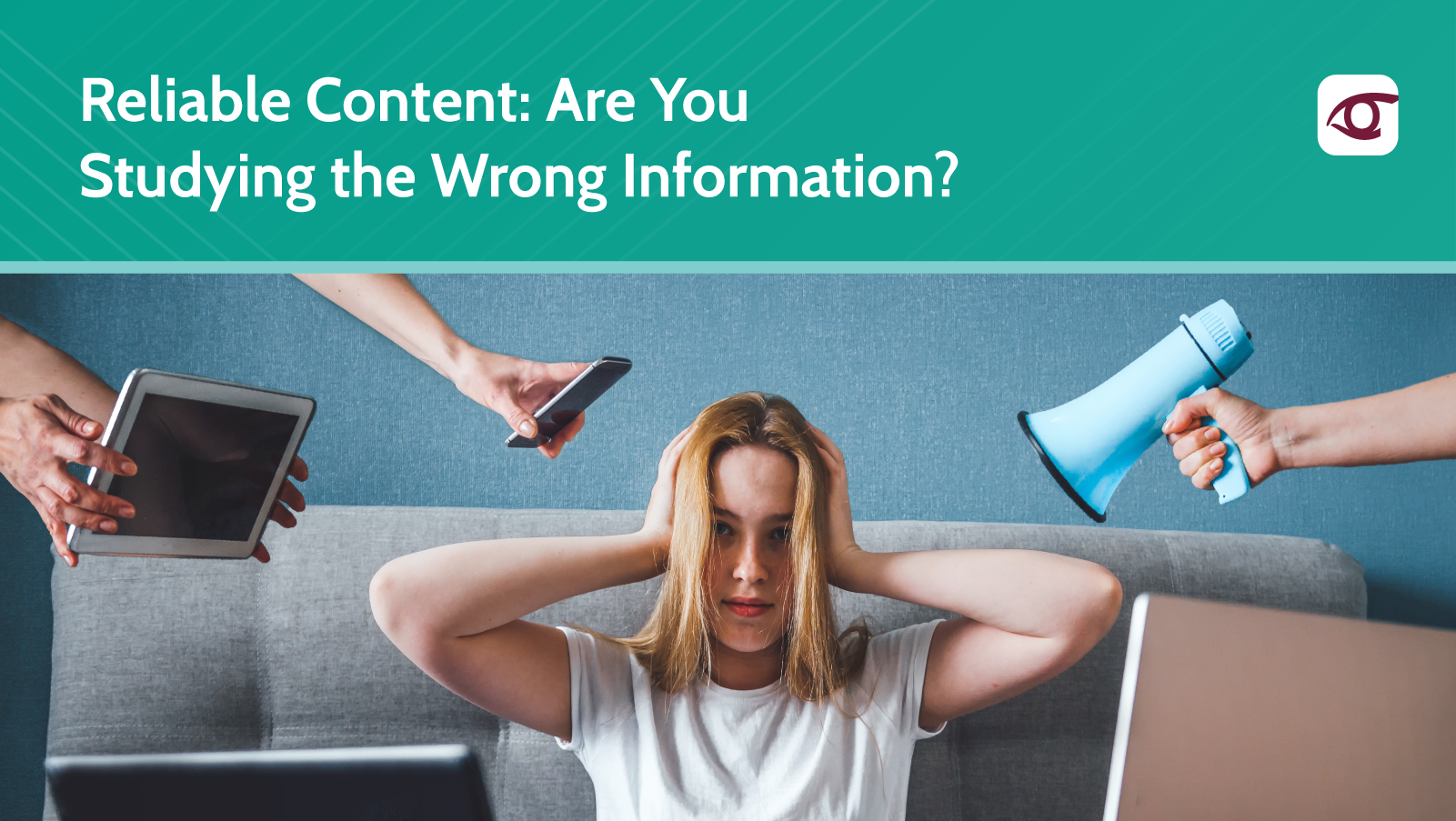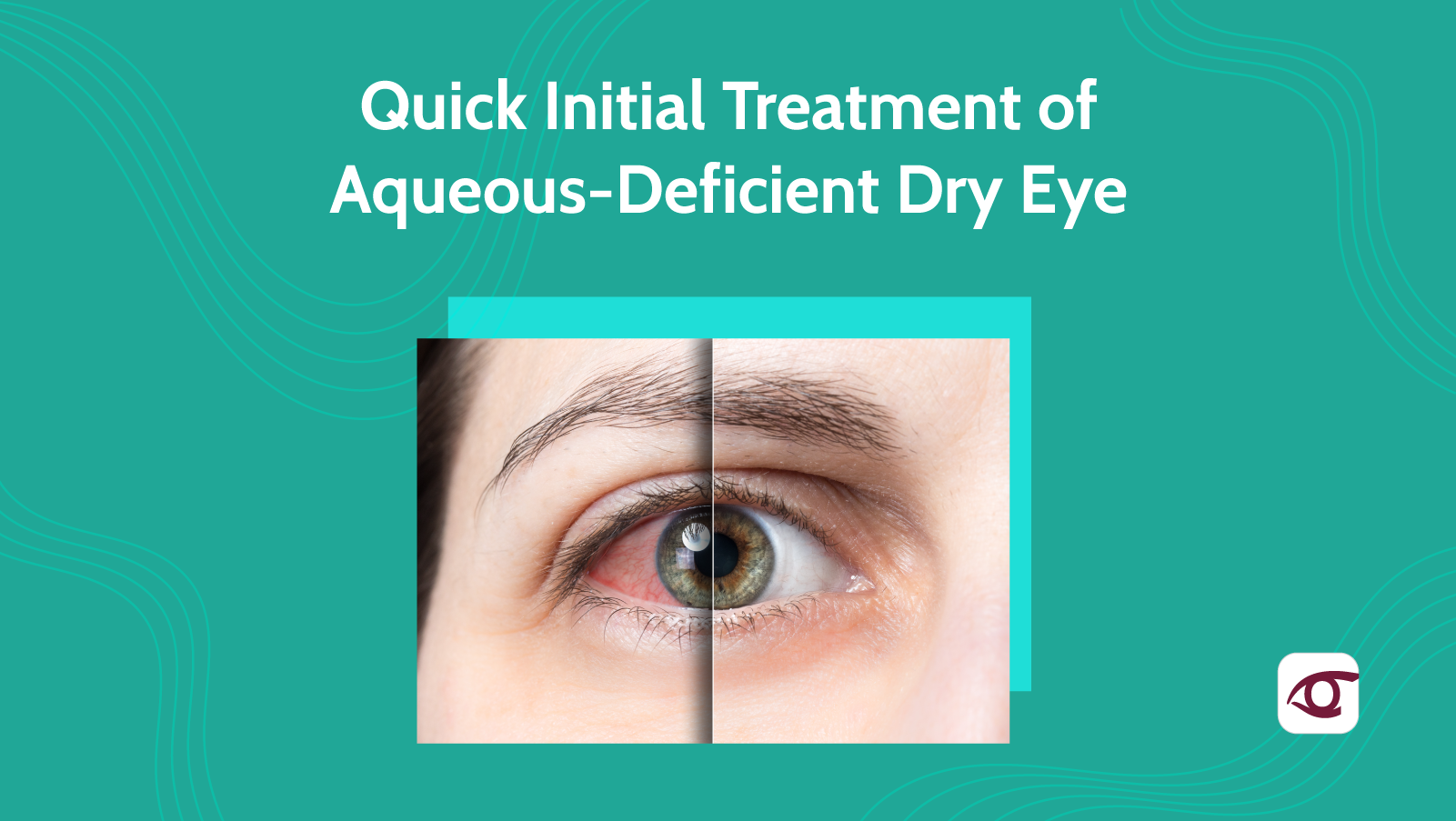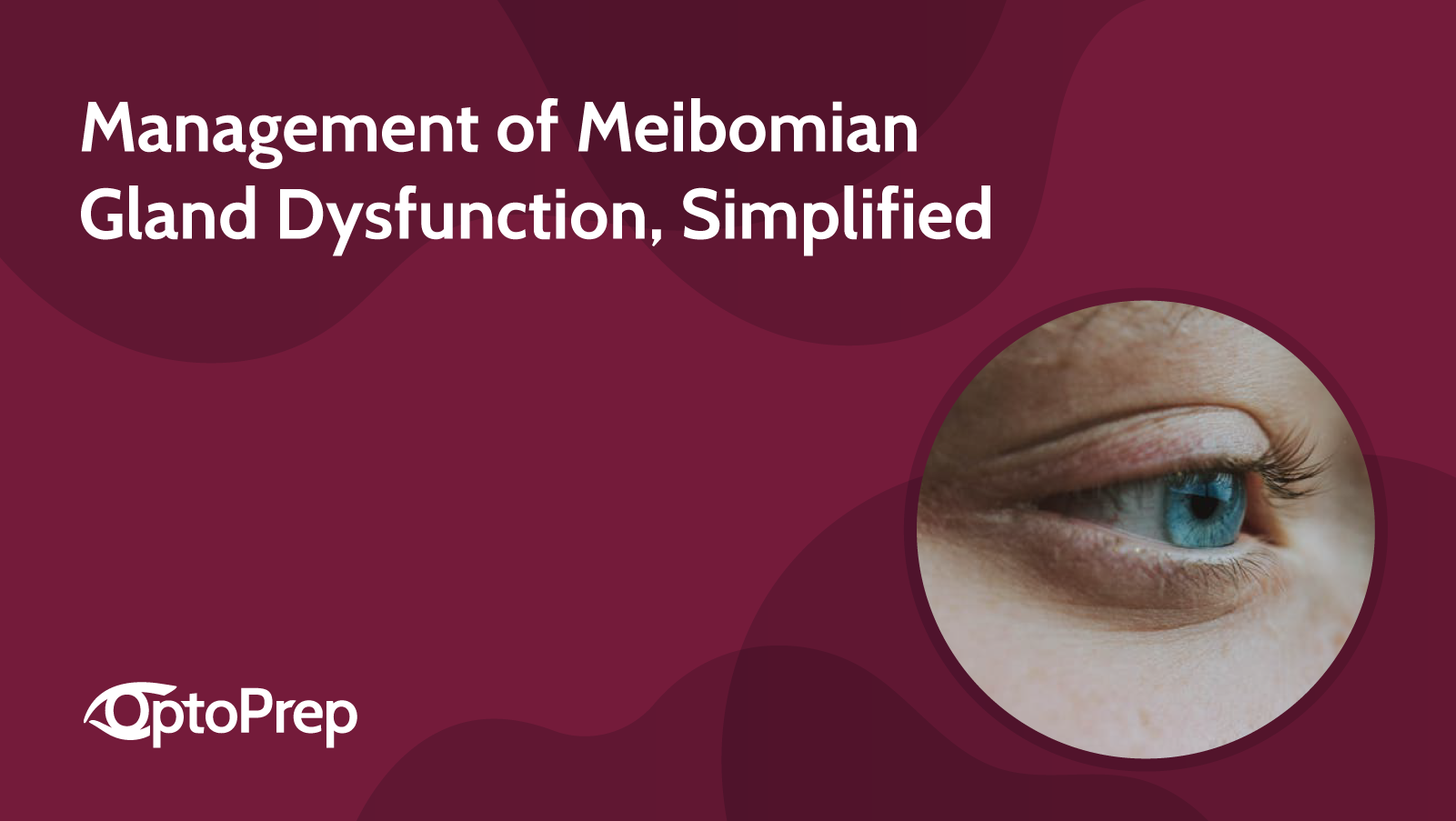Without a doubt, vitamins used for macular degeneration are some of the most studied vitamin formulations in eye care. With Age-related macular degeneration (AMD) being one of the leading causes of vision loss in the caucasian elderly population, there is a very big chance this disease will be very prevalent in every eye care office in the United States.
The AREDS/AREDS2 clinical trials have set the groundwork for many supplements frequently recommended and studied for in regards to age-related macular degeneration. The AREDS studies have identified certain vitamins and minerals that can slow the progression of intermediate to advanced Age-related Macular Degeneration as well as developed guidelines for prescribing and recommending the vitamins at different stages in the disease process.

